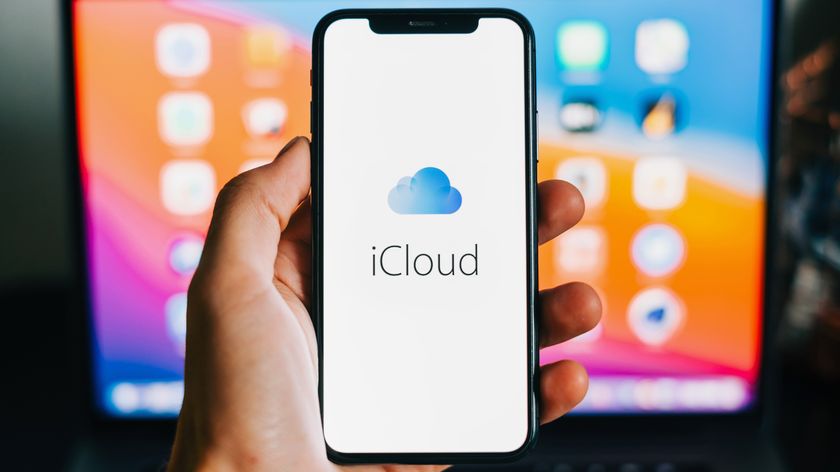It goes on: "It was not possible to satisfactorily complete the move of files as we had expected and, as a result, we can't offer a service that meets your expectations and our business requirements." And with that, The Linkup ceased trading, leaving thousands of its users fuming.
It's out of control
The lack of control that cloud computing users currently have over their own data and the potential for service interruptions to disrupt so many businesses at once prompted Oracle founder Larry Ellison to lash out during a speech to the OpenWorld conference in September.
"The computer industry is the only industry that is more fashiondriven than women's fashion," he said. "Maybe I'm an idiot, but I have no idea what anyone is talking about. What is it? It's complete gibberish. It's insane. When is this idiocy going to stop?"
Another fierce critic of cloud computing is Richard Stallman. But if the controversial founder of GNU and godfather of the open-source movement describes cloud computing as a dangerous way to encourage people to rely on proprietary online services, is it possible that he's going too far?
"Somebody is saying [cloud computing] is inevitable," he says, "and whenever you hear somebody saying that, it's very likely to be a set of businesses campaigning to make it true. It's stupidity. It's worse than stupidity – it's a marketing-hype campaign."
"If you use a proprietary program or somebody else's web server, you're defenceless," says Stallman. "You're putty in the hands of whoever developed that software... One reason that you shouldn't use web applications to do your computing is that you lose control [over it]."
Get daily insight, inspiration and deals in your inbox
Sign up for breaking news, reviews, opinion, top tech deals, and more.
Stallman says that for reasons of safety and security, companies and individuals should own and run their own servers, using open-source software to do so.
So far, cloud computing services don't seem to have attracted the attentions of organised crime syndicates, but what happens if an extortionist decides to rent a botnet and hold a service ransom, as regularly happens to online bookmakers and payment-processing sites? What if your cloud computing provider suddenly decides to increase its fees and refuses you access to any of your data until you pay through the nose for it?
It's clear that the movement towards cloud computing is still in its infancy, but if it is to survive, mature and become a reliable way of storing data or doing business online, it will have to address all of these issues – and plenty more besides – very quickly.
First published in PC Plus, Issue 276












